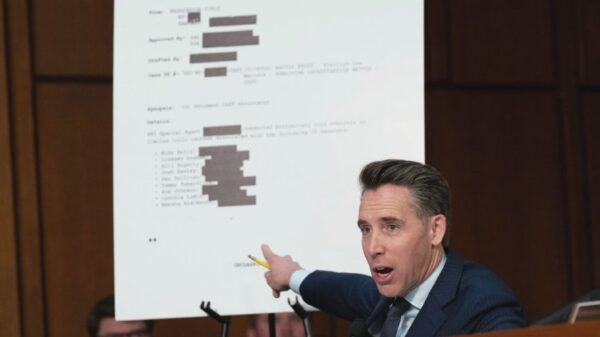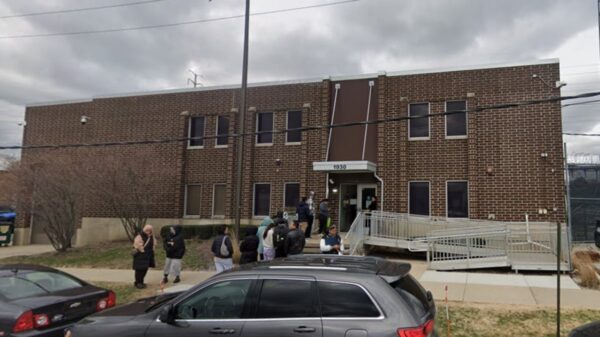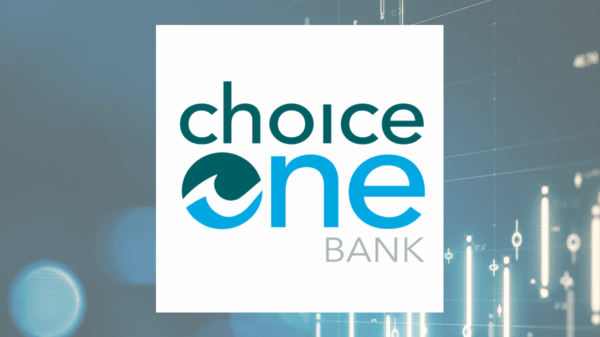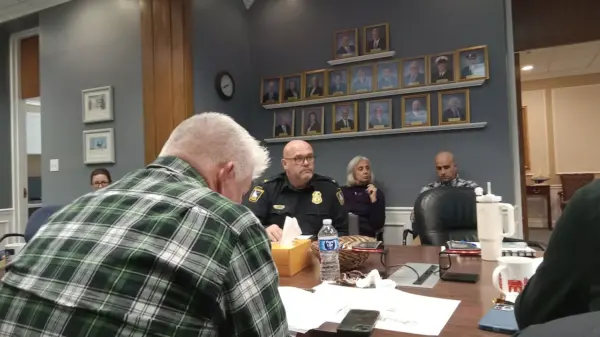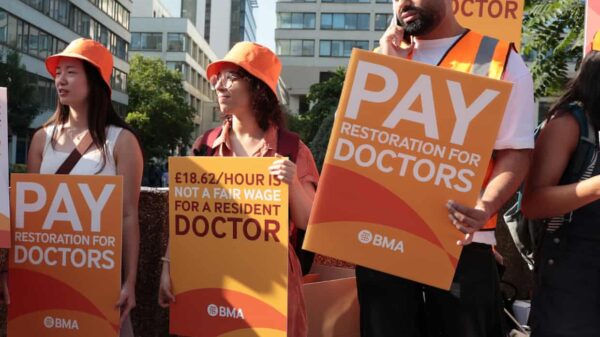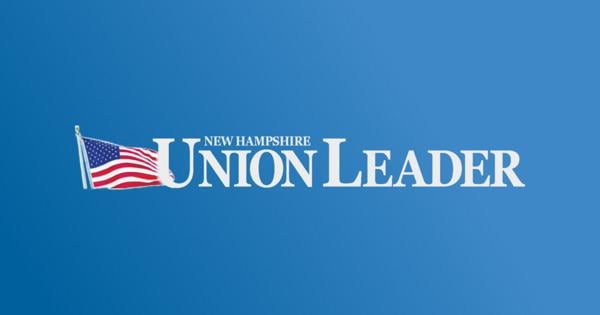New Hampshire’s recent lawsuit against TikTok, alleging potential harm to children, has ignited a discussion about the state’s priorities regarding child welfare. Critics, including local resident Rosanna McMahon, argue that the move represents a significant hypocrisy, as the state continues to profit from industries that have detrimental effects on youth.
In her letter to the editor, McMahon contends that New Hampshire’s focus on suing tech companies distracts from pressing issues within the state. She points to the alarming statistic that over 1,100 children were poisoned by lead in 2023, leading to some of the highest rates of lead poisoning in the United States. This preventable health crisis is overshadowed by the state’s aggressive promotion of alcohol and gambling industries, which generate significant revenue but can also contribute to addiction and family trauma.
During the COVID-19 pandemic, New Hampshire prioritized the sale of alcohol, resulting in $801 million in sales, while schools and essential services were closed. Critics argue that this decision reflects a troubling disregard for children’s well-being, as the state continued to benefit financially from alcohol sales during a mental health crisis.
The state’s push for gambling expansion, which generates approximately $635 million annually, adds another layer to the discussion. Gambling is widely recognized as a factor contributing to family poverty and neglect, disproportionately impacting vulnerable children. McMahon emphasizes that the state appears more interested in financial gain than in safeguarding the health of its youngest residents.
In her opinion, the lawsuit against TikTok serves as a diversion from New Hampshire’s own shortcomings in addressing child health issues. McMahon insists that if the state genuinely cared about protecting children, it would take decisive action to remove lead from homes rather than compromise their safety for the sake of tax revenue.
The ongoing debate raises critical questions about the balance between public health and state revenue. As New Hampshire continues to grapple with the implications of its policies, the focus remains on the well-being of its children and the responsibility that both the government and society hold in fostering a safe environment for future generations.











